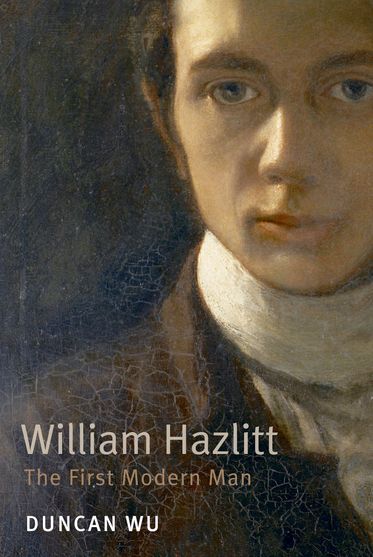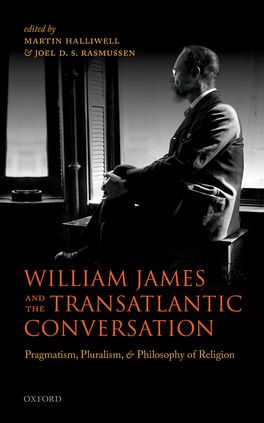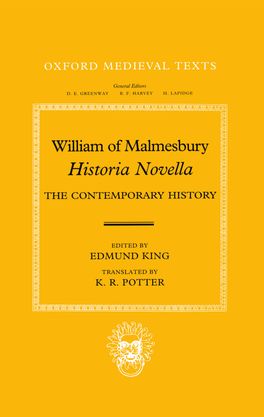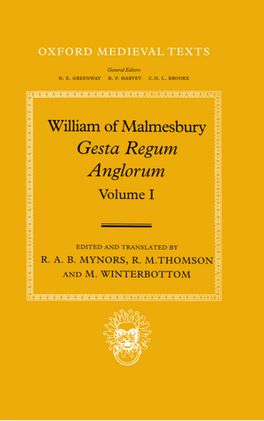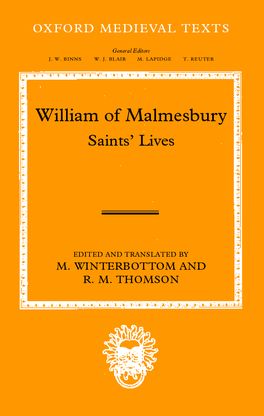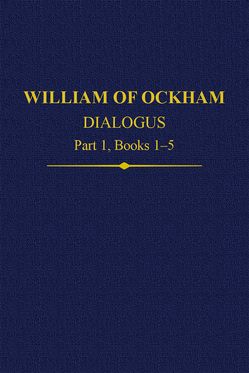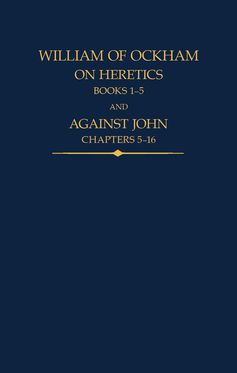You have no items in your shopping cart.
Filter by attributes
- Audience
Oxford University Press
William Hazlitt
Duncan Wu's fascinating portrait of William Hazlitt - the first fully-researched biography, and the first to cover Hazlitt's entire life - reveals one of the greatest journalists in the language, and the principal spokesman of the Romantic age, interacting with every major writer and many other movers and shakers of the era.
$37.95
William James
This volume discusses the life and work of William James (1842-1910), a founder of the study of psychology. It concerns life-writing and writing for the sake of existence and combines literature, psychology, philosophy, and biography.
$44.95
William James and the Transatlantic Conversation
This volume focuses on the American philosopher and psychologist William James and his engagements with European thought, together with the multidisciplinary reception of his work on both sides of the Atlantic since his death. James participated in transatlantic conversations in science, philosophy, psychology, religion, ethics, and literature.
$318.00
William Morris
This volume in the 21st Century Oxford Authors series brings together a selection of William Morris's poetry and prose, lectures, articles, and letters, with an introduction and notes that emphasize his rich literary and historical connections and the relevance of his prescient writing to pressing issues of the modern world.
$234.95
William of Malmesbury, Historia Novella
The Historia Novella is the key source for the succession dispute between King Stephen and the Empress Matilda which brought England to civil war in the twelfth century. Edmund King has provided a major new edition, with revised translation, of the most important eyewitness account of the `anarchy' of King Stephen's reign.
$460.00
William of Malmesbury: Gesta Pontificum Anglorum
William of Malmesbury's Gesta Regum Anglorum (The Deeds of the English Kings) is one of the great histories of England. Apart from its formidable learning, it is characterized by narrative skill and entertainment value. This edition, with facing-page English translation, provides for the first time a detailed commentary on all aspects of the work.
$783.00
William of Malmesbury: Saints' Lives
William of Malmesbury (c.1090-c.1143) is one of the most distinguished historians of England. He also wrote Lives of saints: of Wulfstan II of Worcester, Dunstan of Canterbury, Patrick, and the more obscure Benignus and Indract, honoured at Glastonbury. This volume contains editions and translations of all these works, with an assessment of their importance as sources of information, and of William as researcher and writer.
$613.00
William Of Ockham Dialogus Part 1, Books 1-5
This is the first critical edition of the most important political text by William of Ockham, a significant and influential fourteenth century British philosopher.
$236.00
William of Ockham On Heretics, Books 1-5 and Against John, Chapters 5-16
A new translation of a work by one of the outstanding thinkers of the later Middle Ages, William Ockham. Ockham's purpose in writing was to advocate for freedom of thought and speech within the Church, to restrain coercion in matters of belief, and to provide a theological framework for deposing a pope.
$271.00

